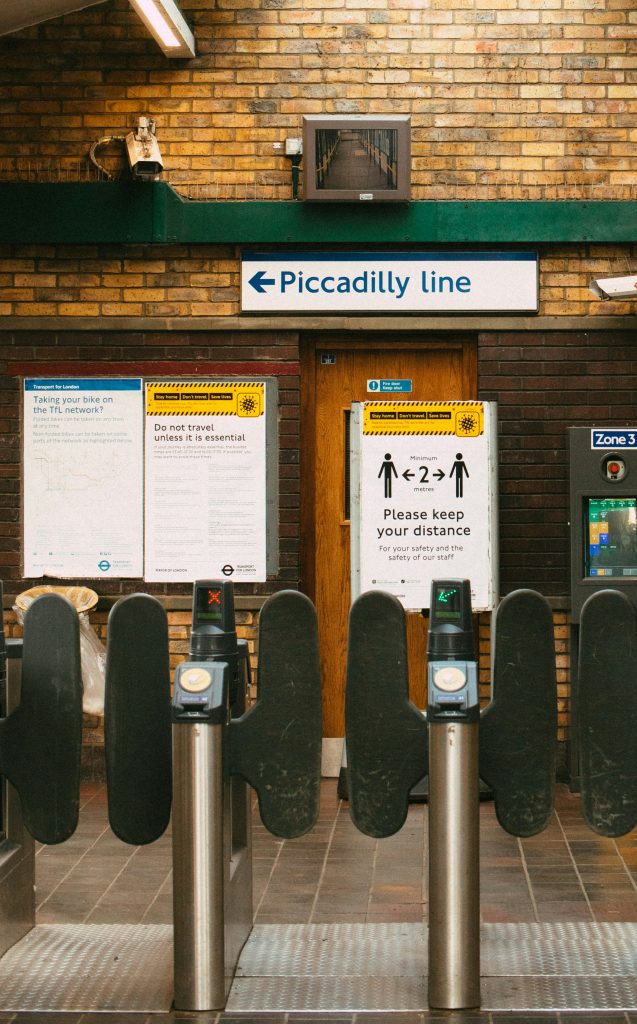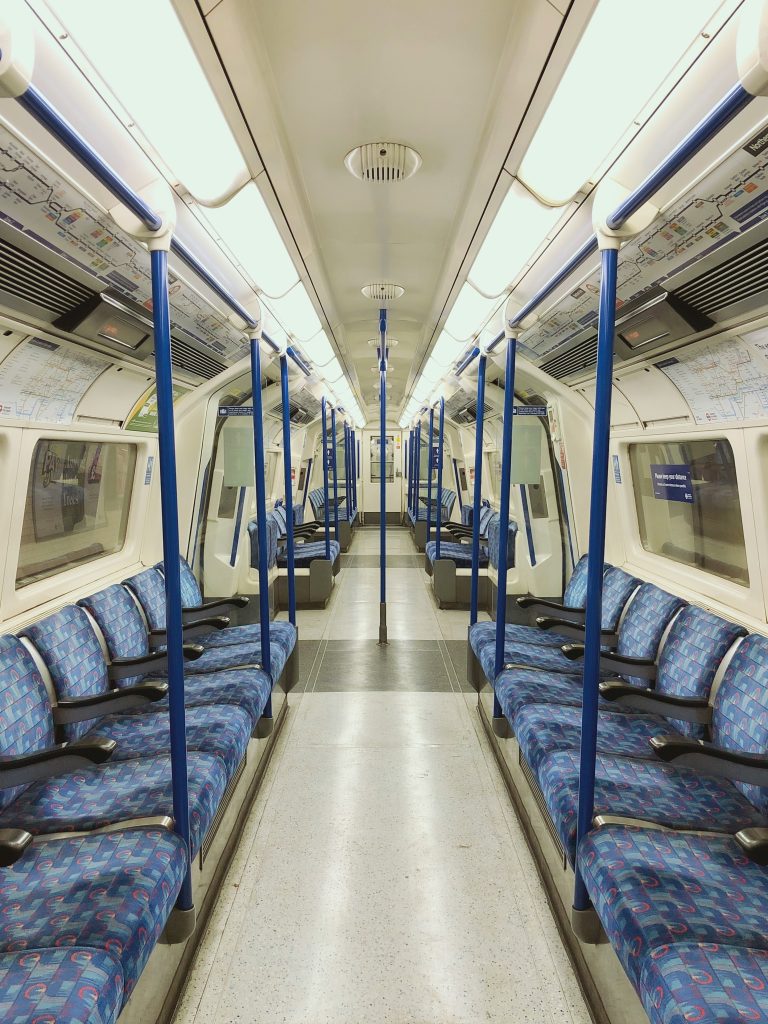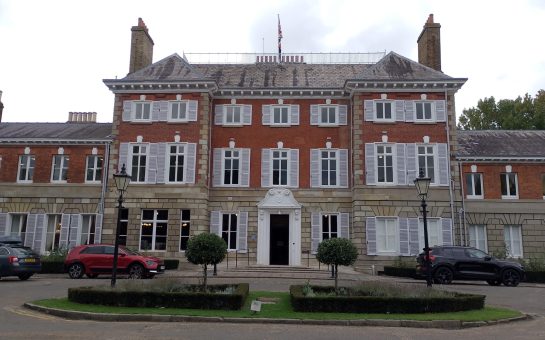Transport for London (TfL) increased penalty fares on its services following rising numbers in fines and convictions issued for fare evasion.
In early March, Mayor Sadiq Khan approved the increase from £80 to £100 following the Department for Transport’s penalty fare increase to £100 across National Rail in January last year, with a reduction to £50 if paid within 21 days.
TfL states that fare evasion is a criminal offence estimated to cost the network around £130m – £150m a year, preventing vital income that would benefit all customers.

Ticket barriers. Credit: Edward Howell on Unsplash
Siwan Hayward, TfL’s Director of Security, Policing and Enforcement said: “Around 96% of people pay their fares correctly and it is unfair on these people that a minority of people do not.”
According to data released by TfL in February, in 2023 TfL prosecuted 19,614 people for fare evasion, an increase of 56% from 2022, and investigated 421 people for habitual fare evasion making over 50,000 irregular journeys, resulting in a loss of more than £300,000 in fare revenue.
The line graph below, created using data first released by TfL in October 2022 (updated in April), illustrates the steady increase in fare evasion since the pandemic across financial year periods (April-March) 2018-24, but implies fewer convictions than stated have been recorded.
The data from 2024 is not yet complete, suggesting that the increase in recorded convictions and the withdrawal of cases is sharper at present, and may be returning to higher pre-pandemic levels.
The sudden decrease from 2020-22 is indicative of the pandemic when fewer people were able to travel.
This data also reveals that levels of case withdrawals are consistently low in comparison to convictions, suggesting that TfL has a high success rate in prosecutions.
Gemma Jacob, Senior FOI Case Officer at TfL, explained that appeals between 2018-24 were not disclosed as they were not regarded as being within the public interest.
TfL uses the detection system Irregular Travel Analysis Platform (ITAP) to track ticketing and passenger data.
The network has strived for financial consistency over the years through targeted email campaigns, operational station deployments, and in keeping a register of regular offenders.
Hayward said: “We work to ensure that wherever possible fare evaders themselves, not fare or tax payers, pay the cost of fare evasion.”
Examples of those convicted include passengers who use bank cards with insufficient funds for over a year, and consequently owe fares of up to thousands of pounds.
According to Graham Hurt, FOI Case Officer at TfL, convicted fare evaders receive a criminal record under TfL byelaws that is held at the relevant magistrate’s court, which can have an impact on the offender’s employment opportunities.

On the London Underground. Credit: Joe Green on Unsplash
One serious crime solicitor, who wished to remain anonymous, explained how a criminal record for fare evasion may impact specific individuals, and how solicitors may work to combat TfL’s prosecutions.
They said: “Early negotiations with TfL prosecutors often mean we can deal with cases by paying an administrative fine.
“Those who contest cases, where a conviction is likely to show on their enhanced DBS form, are usually in positions of trust who cannot afford to be seen as dishonest, such as a barrister or a teacher.
“A criminal record for fare evasion under byelaws will not show on the PNC nor will it have the same impact on every individual, but it is not something that ought to be encouraged.”
Regarding TfL’s successful conviction rate, the solicitor explained that a court summons is enough to spark fear into most people, who would rather just accept the conviction or pay a penalty fare.
The doughnut graphs below depict similar ratios of data regarding TFL’s successful issuing of penalty fares from 2022-24.
They suggest fare evaders usually accept fines without appeal, while a consistent minority of cases are withdrawn.
There is a slight increase of 9.5% in penalty fares issued during April 2023 to 2024 thus far since April- March 2022-23, further indicating the increase of fare evasion since the pandemic.
Penalty fares or fines can be a result of honest mistakes, especially if the offence is not a regular occurrence.
Cherie Blair, wife to former Prime Minister Tony Blair, was famously fined £10 under Thameslink (associated with TfL) when she boarded a train without a ticket in 2000, mistakenly thinking the ticket office was closed.
In August 2023, actor and teacher Emily Carpenter, 30, who had always paid for full train fare, also got fined on a Thameslink service having forgotten to bring her 26-30 National Railcard.
Originally charged with £88, her penalty fare ultimately increased to £797 after failing to meet conditions for appeal, despite being hospitalised multiple times, and living for an extended period on benefits.
Carpenter suggests the cost-of-living crisis and national systemic issues may be contributing to the increase of transport fare evaders.
She said: “People are sneaking on trains to get to work, they don’t want to be dishonest but they have to do it just to survive.”
Details about TfL penalty fares and how to pay them can be found here.
Featured Image: Nick Fewings on Unsplash
All graphs created by Ina Pace in Flourish.





